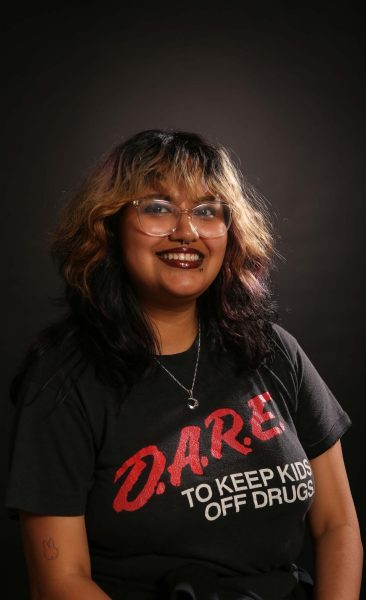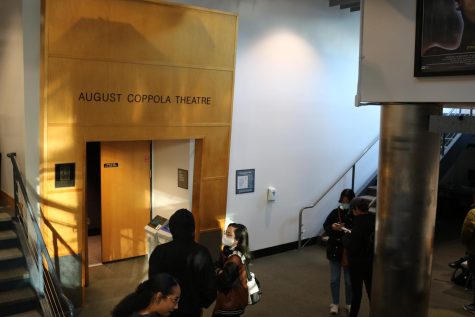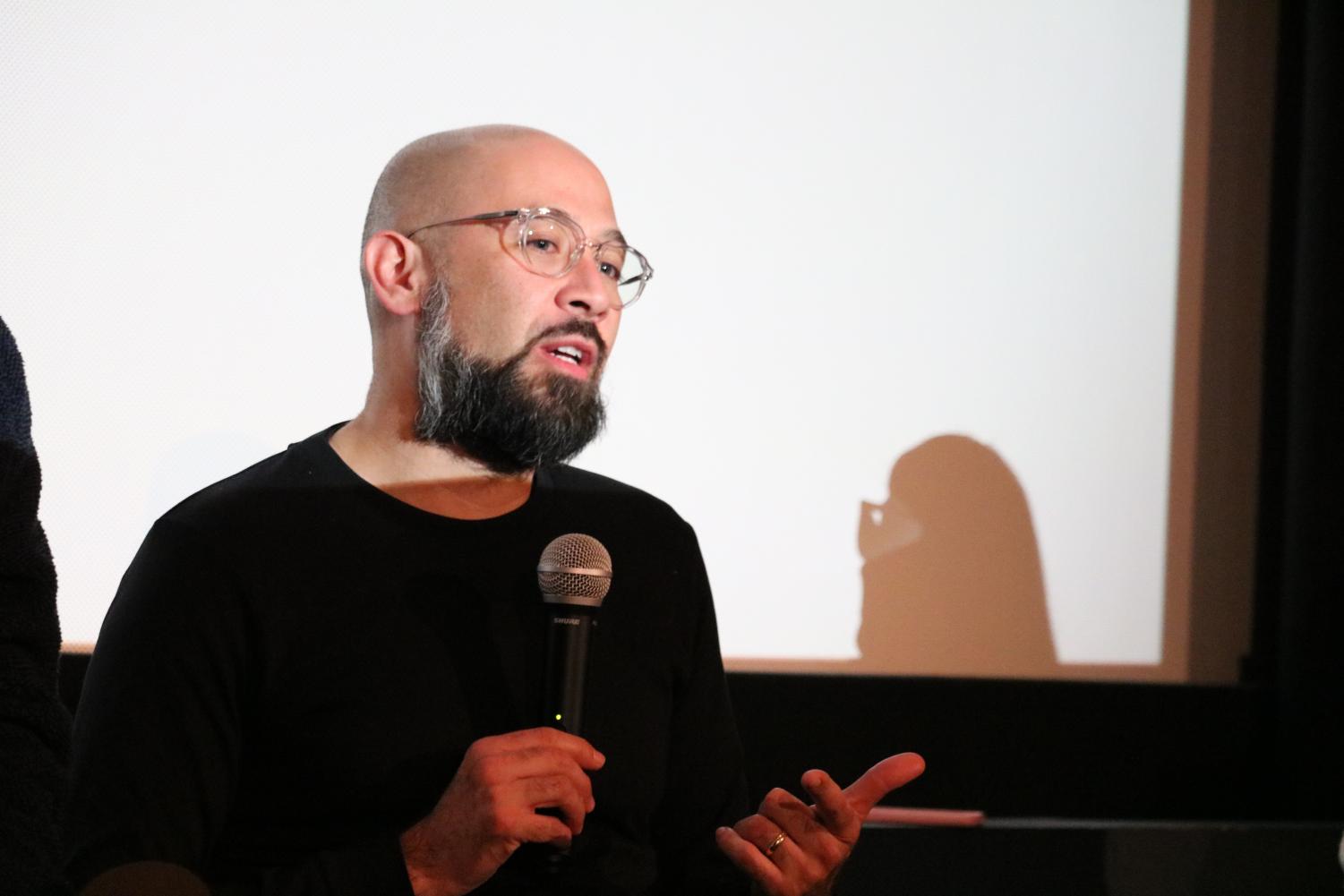
“Sansón and Me” screening sparks conversation of immigration, mass incarceration and more
“Sansón and Me” director Rodrigo Reyes joins a group of panelists to talk immigration, representation and more during a movie screening on Wednesday
Mar 17, 2023
At the age of 19, Sansón Andrade and his brother-in-law, Isaac, were sentenced to life in prison with no parole for a gang-related murder. Film director Rodrigo Reyes saw their story as an opportunity to spotlight a tale about mass incarceration, immigration, family and friendship.
“Sansón and Me,” a 2022 documentary directed by Reyes, was screened at SF State’s Coppola Theater on Wednesday night. “Sansón and Me,” tells Andrade’s story and covers mass incarceration, immigration, family, and the friendship between Reyes and Andrade.

The screening was organized by SF State teaching associate Annie Pancak. She is also a member of The Video Consortium, a nonprofit organization that connects and supports nonfiction filmmakers. Following the screening, there was a panel of four people, including Reyes and Mario Velasquez, who portrays Isaac in the film.
Reyes first met Sansón as his courtroom interpreter. In the film, Reyes goes to Mexico to meet Sansón’s family. Sansón’s sister, uncle, niece and nephew portray younger versions of Sansón and his family. His family reenacts his life story, recreating the events in his life that led up to Sansón’s immigration to the U.S. and the murder which landed him in jail.
SF State student Kelly Savage-Rodriguez also took part in the panel. She is the Drop LWOP coordinator for California Coalition for Women Prisoners. Drop LWOP is a coalition seeking to end life without parole sentences. At 22, Savage-Rodriguez herself was sentenced to life without parole in 1995. As a panelist, she talked about the justice system from her perspective.
“The real reality is he never had a shot, and that is so many of our people inside the system,” she said. “I immediately was emotional because very few people inside choose to reach out because that means they have a little bit of hope. And I know he got that hope from this movie.”
Many questioned the film’s portrayal of Latinos, but Reyes defended his vision for the documentary.
“It’s very colonizing to say, ‘oh, you have to be the good guy all the time. You have to be a good example.’ That’s not what art is about,” Reyes said.
Assistant professor Rafael Flores, who specializes in social justice film production and Chicano cinema, expanded upon the importance of giving a platform to incarcerated individuals.
“When we’re given an opportunity, we need to humanize those that have been subjugated and incarcerated and depoliticized and have their land taken from them,” he said. “This is not simply about art for art’s sake, this is about improving and supporting our community.”
According to Reyes, Sansón is doing well. He will soon have access to email for the first time since he’s been in prison. Additionally, he will watch the film about his life for the first time in September of this year.
“There’s levels of security [in prison] and harshness and he’s going down to a lesser level, which is really good,” Reyes said.
The School of Cinema and Reyes encourage viewers to write to Sansón. He can be reached at the following address:
Sansón Andrade
Facility C
California Correctional Institution
PO BOX 1905
Tehachapi, CA – 93581


